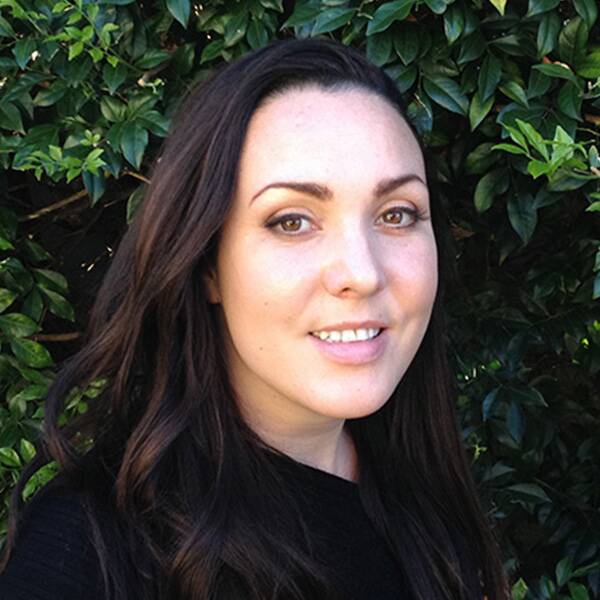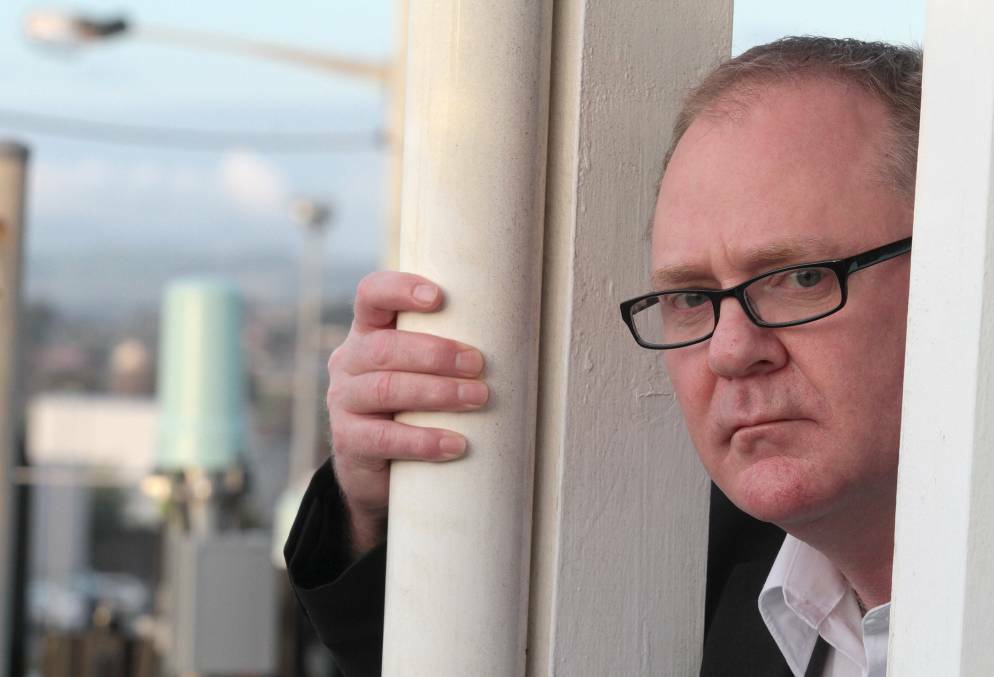
Australian of the Year 2021 Grace Tame has shared her powerful story of survival of child sexual abuse on the national stage.
Subscribe now for unlimited access.
or signup to continue reading
She was one of 17 survivors who were assisted by the #LetHerSpeak and #LetUsSpeak campaigns which were founded by journalist and sexual assault survivor advocate Nina Funnell.
The campaign was launched in November 2018 to abolish sexual assault victim gag laws in Tasmania, then in the Northern Territory and Victoria.
Ms Tame's legal case was the catalyst for the #LetHerSpeak campaign.
Here's how the momentum built to change four laws in three jurisdictions.
Tasmania's archaic laws
The battle to allow Tasmanian sexual abuse victims tell their story began with Steve Fisher, who was the first person in the state to receive a court order to reveal his identity in 2004.
Mr Fisher was abused by former Anglican Rector Garth Stephen Hawkins between the ages of 12 and 15. The survivor spoke out during the investigation, prompting more victims to come forward to police. But as soon as the offender was charged and convicted, the director of public prosecutions told Mr Fisher he wouldn't be able to identify himself because of section 194K of the Evidence Act 2001.
"I was so deflated ... it was like being retraumatised again," he said.
"You have your voice and it's taken away because of an archaic law."

Journalists from the ABC helped him obtain the court order that would allow him to use his real name in media reports. He went on to found the abuse survivor advocacy network Beyond Abuse.
"It really helped the healing process and I honestly don't know what I would have done if I hadn't gotten that court order," he said.
Thirteen years later, Ms Tame began the process of seeking a court order to be able to share her story of surviving persistent sexual abuse from her maths teacher.
Ms Funnell worked with News Corp's Gina McWilliams, Marque Lawyers and End Rape on Campus Australia to apply for the order on Grace's behalf. News Corp paid for about $9000 in in-house legal fees and application fees.
In November 2018, the #LetHerSpeak media campaign was launched, referring to Ms Tame as Jane Doe.
More than a dozen sexual assault survivors from other jurisdictions which did not have this law featured in a photo campaign. End Rape on Campus launched a petition which attracted more than 5000 signatures in the first fortnight.
This set the wheels in motion for reforming section 194K of Tasmania's Evidence Act.
In August 2019, Ms Tame spoke out for the first time after receiving her court order.
READ MORE:
From April 2020, Tasmanian survivors of sexual assault were able to identify themselves in media if they were over the age of 18, had freely provided consent in writing and if there were no ongoing proceedings.
At the same time, the Tasmanian law was reformed so that some sexual offences were renamed to reflect the gravity of the crime. The offence of "maintaining a sexual relationship with a person under the age of 17" is now named "the persistent sexual abuse of a child".
Ms Funnell said there were many people involved in that journey to law reform.
"We've been extremely proud to provide that legal support to Grace and to design a campaign that has assisted Grace, along with 16 other people," she said.
"But we shouldn't erase from that story the significance of people like Steve whose cases were also part of this journey."
Laws around Australia
The #LetHerSpeak campaign turned its attention to similar laws in the Northern Territory. In July 2020, the NT's Sexual Offences (Evidence and Procedure) Act 1983 was reformed to allow survivors over 18 to identify themselves as long as they had given written consent, had the mental capacity to do so, they didn't identify other victims and there were no ongoing legal proceedings.
But there's still perverse outcomes to the laws. Ms Funnell is working with a woman, given the pseudonym Sandra, who was raped at a bucks party in 2017. The offender has been found guilty and served his nine-month sentence but continues to appeal the verdict to prolong legal proceedings to prevent Sandra from speaking out publicly.
In Victoria, 12 survivors received the assistance of the #LetUsSpeak campaign, backed by Ms Funnell, Marque Lawyers, End Rape on Campus Australia and Rape & Sexual Assault Research and Advocacy to get a court order to speak out before the law was reformed in November 2020.
The problem now is that deceased sexual assault victims are not able to be named without a court order.
Ms Funnell said this set up a double standard for sexual homicide.
"If we censor and police the naming of deceased sexual homicide victims we are exacerbating social stigma around sexual violence, while also erasing from view the important and cherished lives and memories of lost loved ones," she said.
All other jurisdictions have similar laws which do not require a court order for survivors to identify themselves.
Why are victim gag laws a problem?
Canberra Rape Crisis Centre's chief executive Chrystina Stanford said people being able to tell their own stories was one of the important ways for them to regain power following sexual assault.
"Often laws like that do protect the most powerful, not the most vulnerable," she said.
"Having legislation that prevents people from being able to do that forces them to spend thousands on legal process."
The intent behind the laws was to protect the privacy of victims so that they wouldn't be put off from reporting their crimes.
After the trial is complete and the sentence is handed down, there is no reason why a consenting adult shouldn't be able to speak freely, so long as it doesn't identify other victims.
Ms Stanford said Australia had more work to do and some recommendations from the Australian Law Reform Commission inquiry into sexual assault and family violence in 2010 were yet to be implemented.
"It's the form of violence that's been forgotten," she said.
- For assistance with sexual assault and family violence, contact 1800respect.org.au on 1800 737 732.


